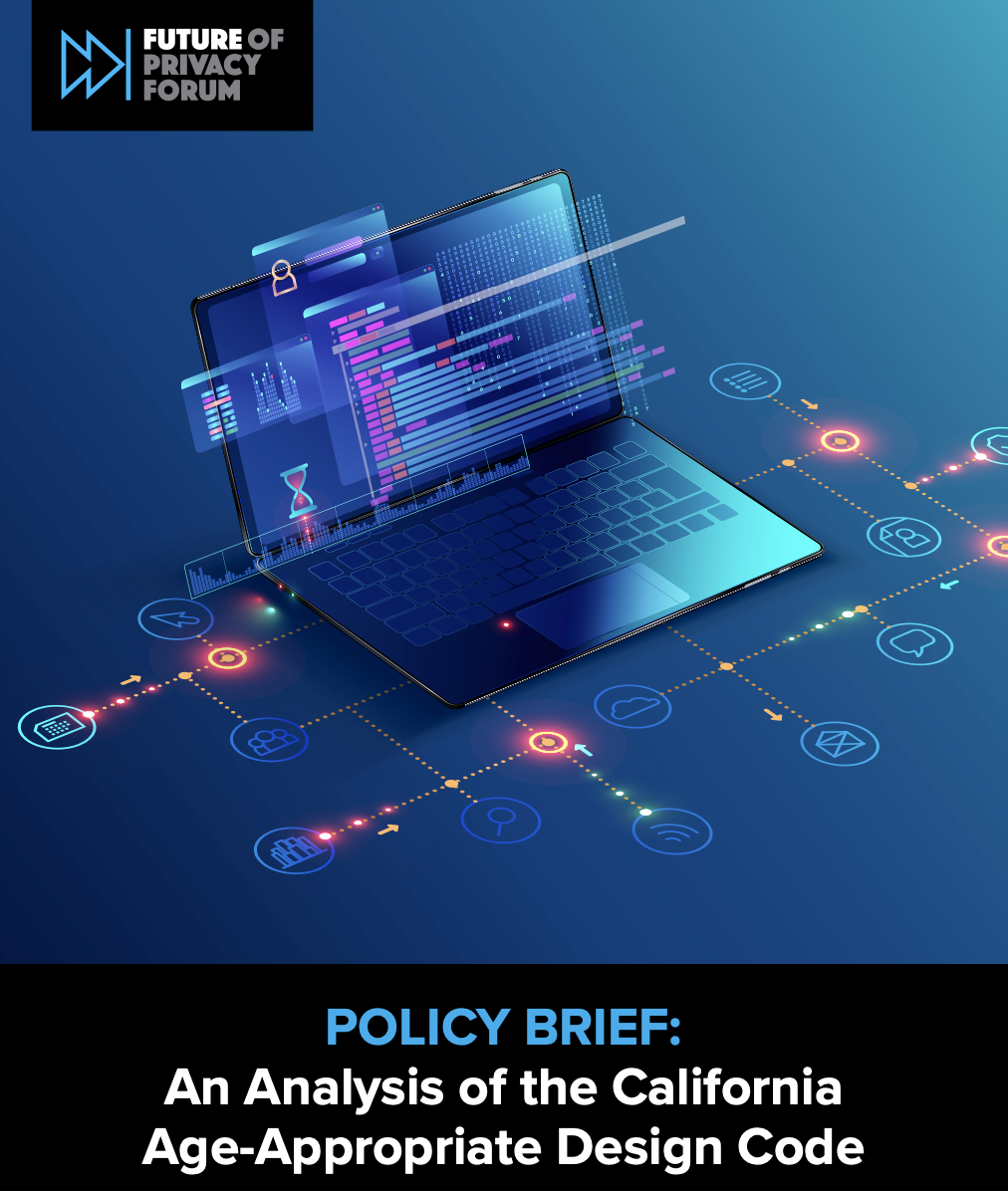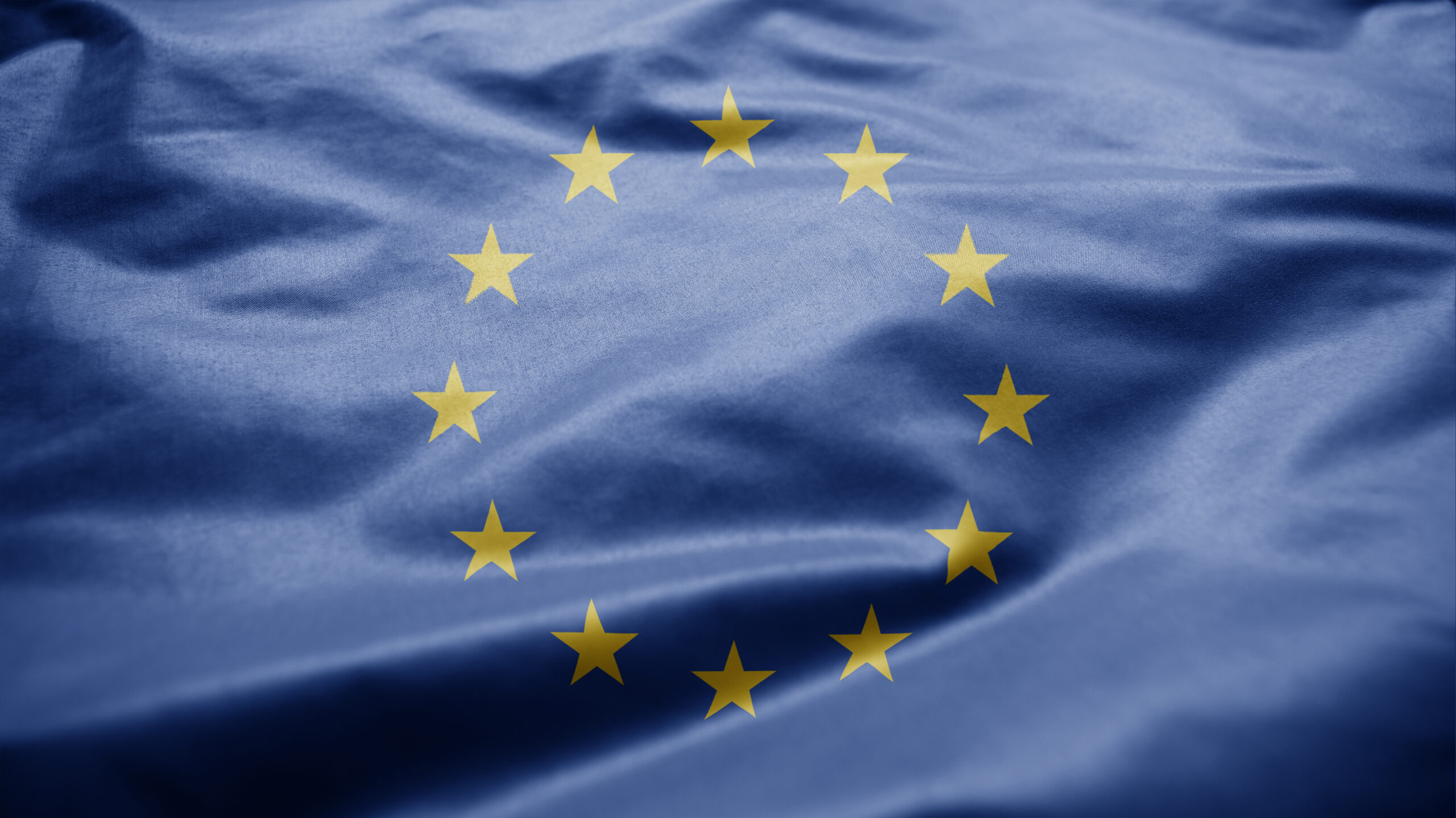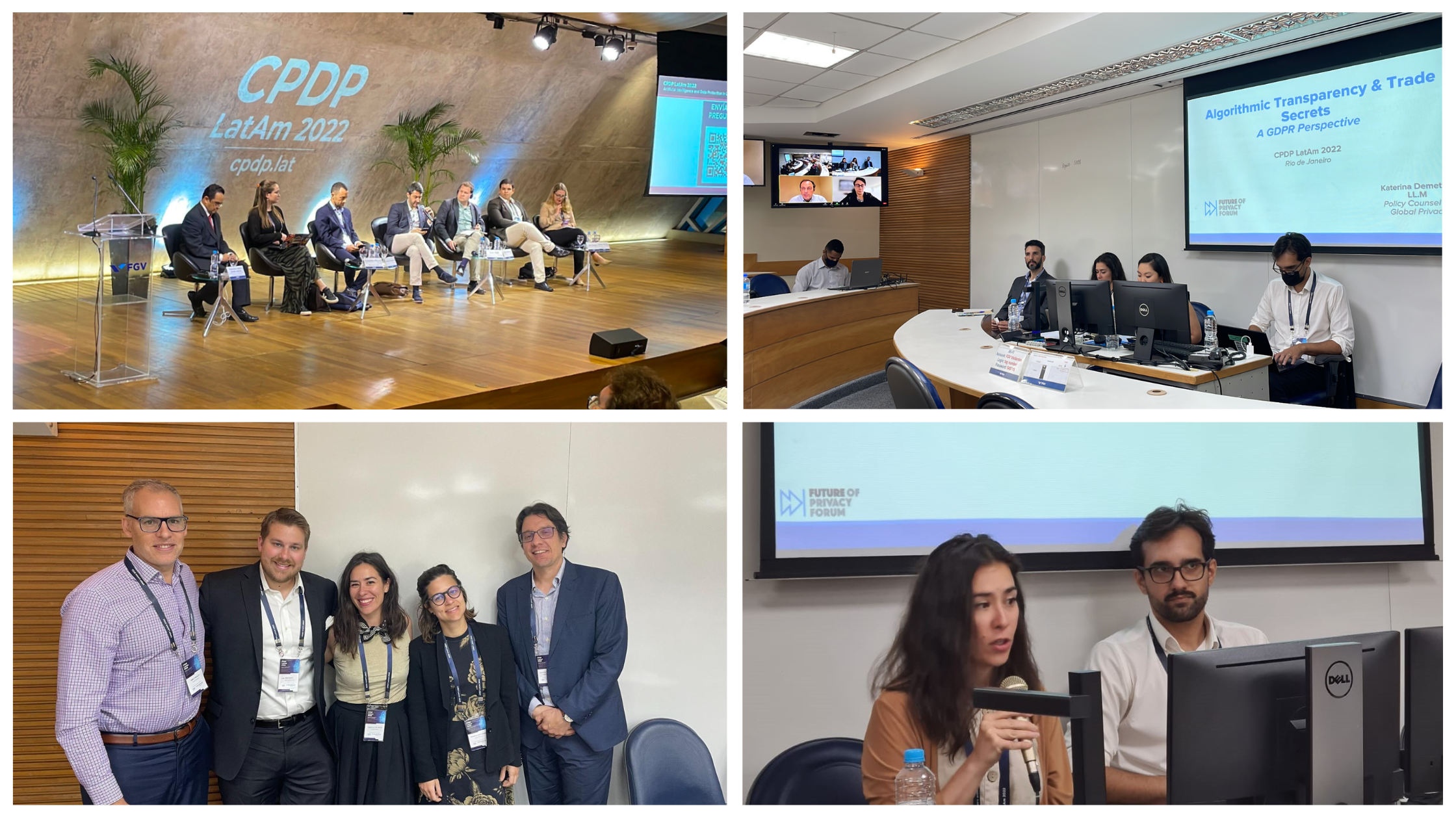
Understanding Extended Reality Technology & Data Flows: XR Functions
This post is the first in a two-part series on extended reality (XR) technology, providing an overview of the technology and associated privacy and data protection risks. Click here for FPF’s infographic, “Understanding Extended Reality Technology & Data Flows.” I. Introduction Today’s virtual (VR), mixed (MR), and augmented (AR) reality environments, collectively known as extended […]

Protected: 13th Annual Advisory Board Meeting 2022
There is no excerpt because this is a protected post.

W@Privacy Awards
Women@ Privacy Awards FPF is honored to host W@Privacy for its first edition of the W@Privacy Awards! As part of W@Privacy’s mission to enhance the visibility and empowerment of women privacy professionals, they’ll recognize and celebrate outstanding women in the privacy field from various categories. The awards categories are: The winners will be announced during an awards […]

FPF Releases Analysis of California’s New Age-Appropriate Design Code
FPF’s Youth & Education team is pleased to publish a new policy brief that builds on this first brief by providing a comparative analysis of the United Kingdom’s Age Appropriate Design Code (UK AADC) to the California AADC, which was modeled after the UK AADC. Learn more and download the UK and CA AADC Comparative policy brief here. […]

What Happened to the Risk-Based Approach to Data Transfers?
The following is a guest post to the FPF blog from Lokke Moerel, Professor of Global ICT Law at Tilburg University and a Dutch Cyber Security Council member. This blog is a summary of a longer academic paper which can be downloaded here. The guest blog reflects the opinion of the author only. Guest blog posts […]

New Report on Limits of “Consent” in Singapore’s Data Protection Law
Introduction Today, the Future of Privacy Forum (FPF) and Asian Business Law Institute (ABLI), as part of their ongoing joint research project: “From Consent-Centric Data Protection Frameworks to Responsible Data Practices and Privacy Accountability in Asia Pacific,” are publishing the thirteenth in a series of detailed jurisdiction reports on the status of “consent” and alternatives […]

Looking Back to Forge Ahead: Challenges of Developing an “African Conception” of Privacy
In this post for the FPF Blog, Mercy King’ori explores the cultural and societal underpinnings of “privacy” in Africa, looking throughout history, from pre-colonial times, and beyond the modern external influences on the legislative processes resulting in general data protection laws across the continent. The first essential point to start off from is understanding that […]

ETSI’s consumer IoT cybersecurity ‘conformance assessments’: parallels with the AI Act
In early September 2021, the European Telecommunications Standards Institute (ETSI) published its European Standard to lay down baseline cybersecurity requirements for Internet of Things (IoT) consumer products (ETSI EN 303 645 V2.1.1). The Standard is a recommendation to manufacturers to develop IoT devices securely from the outset. It also provides an internationally recognized benchmark – […]

New Report on Limits of “Consent” in Thailand’s Data Protection Law
Today, the Future of Privacy Forum (FPF) and the Asian Business Law Institute (ABLI), as part of their ongoing joint research project: “From Consent-Centric Data Protection Frameworks to Responsible Data Practices and Privacy Accountability in Asia Pacific,” are publishing the tenth in a series of detailed jurisdiction reports on the status of “consent” and alternatives […]

FPF at CPDP LatAm 2022: Artificial Intelligence and Data Protection in Latin America
This summer the first-ever in-person Computers, Privacy and Data Protection Conference – Latin America (CPDP LatAm) took place in Rio de Janeiro on July 12 and 13. The Future of Privacy Forum (FPF) was present at the event, titled Artificial Intelligence and Data Protection in Latin America, participating in two panels and submitting a paper […]
